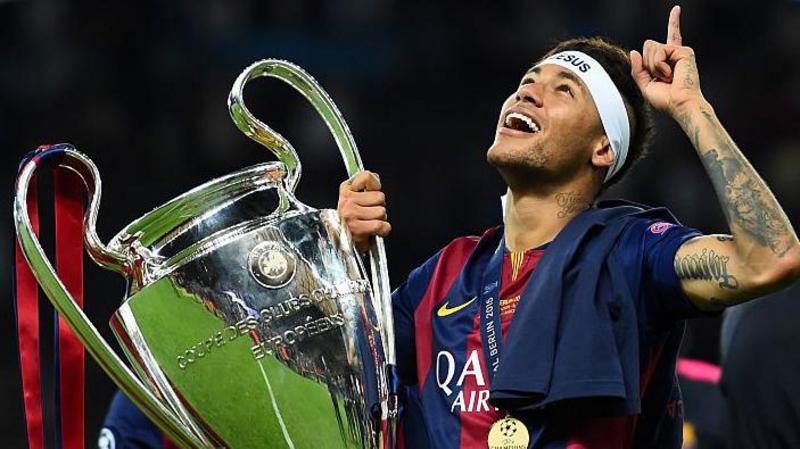Cast Your Vote: Best Player Never to Win a Ballon d'Or!



In the world of football, the Ballon d'Or stands as the pinnacle of individual achievement, recognizing the crème de la crème of talent, performance, and sheer footballing prowess. Yet, amid the glitz of this prestigious award, there exists a remarkable narrative about some of the sport's most incredible athletes who, despite their extraordinary skills and contributions to the game, have never had their names etched on this illustrious trophy.
As we delve into this unique aspect of football history, discussions and debates frequently arise regarding the "greatest player never to have won the Ballon d'Or." It's a topic that tugs at the heartstrings of football fans and experts alike, bringing to the fore legends whose absence from the winners' list can sometimes seem like a glaring omission.
Among these iconic figures is the Brazilian magician, Roberto Baggio. Known for his divine ponytail and even more heavenly footwork, Baggio dazzled fans around the world in the 1990s. His illustrious career includes moments like the formidable performance in the 1994 FIFA World Cup, where he almost single-handedly dragged the Italian team to the finals. Despite winning both the FIFA World Player of the Year and the UEFA Club Footballer of the Year, the Ballon d'Or eluded him.
Close on the heels of Baggio, in terms of sheer disbelief at not winning the award, is the Portuguese maestro, Paulo Futre. A star at Atlético Madrid, Futre was a mesmerizing winger whose dribbles and goal-scoring left defenders in knots. In the late 80s, specifically in 1987, he led his club to win the Liga and his performances merited a close second-place finish in the Ballon d'Or voting, just behind the winner Ruud Gullit.
Turning attention to more recent times, Spanish midfielder Xavi Hernández is often brought up in this conversation. A central figure in Barcelona's golden era and Spain's international dominance between 2008 and 2012, Xavi's ability to control the game and his precision passing were second to none. Even though he came close to clinching the Ballon d'Or, finishing third in 2009, 2010, and 2011, it ultimately remained just beyond his reach.
Defensive stalwarts also feature prominently in this discourse, as many believe that their contributions often go unrecognized in favor of more attack-oriented players. Italian defender Franco Baresi, for example, is another player whose absence from the Ballon d'Or winners' list is puzzling for many. Captain of AC Milan during their period of domestic and international dominance, Baresi was a rock in defense and played a critical role in Milan's multiple European Cup victories.
The debate also brings into light the changing nature of football and how certain roles and positions are valued. The Ballon d'Or, much like any other prize, reflects not just individual excellence but also trends, moments, and often, a touch of bias towards attacking playmakers and strikers.
For many, the question of the greatest player to never win the Ballon d'Or doesn't just make for interesting trivia or heated debate; it also sparks a broader discussion on how we evaluate and appreciate the art of football. It challenges us to look beyond the glitter of trophies and recognize the profound impact players can have on the game, transcending the need for official recognition to validate greatness.
As football continues to evolve, the stories of these unmatched talents remind us that sometimes the beauty and influence of a player's career are not merely measured by the awards in their cabinet but by the joy and inspiration they bring to fans around the globe.